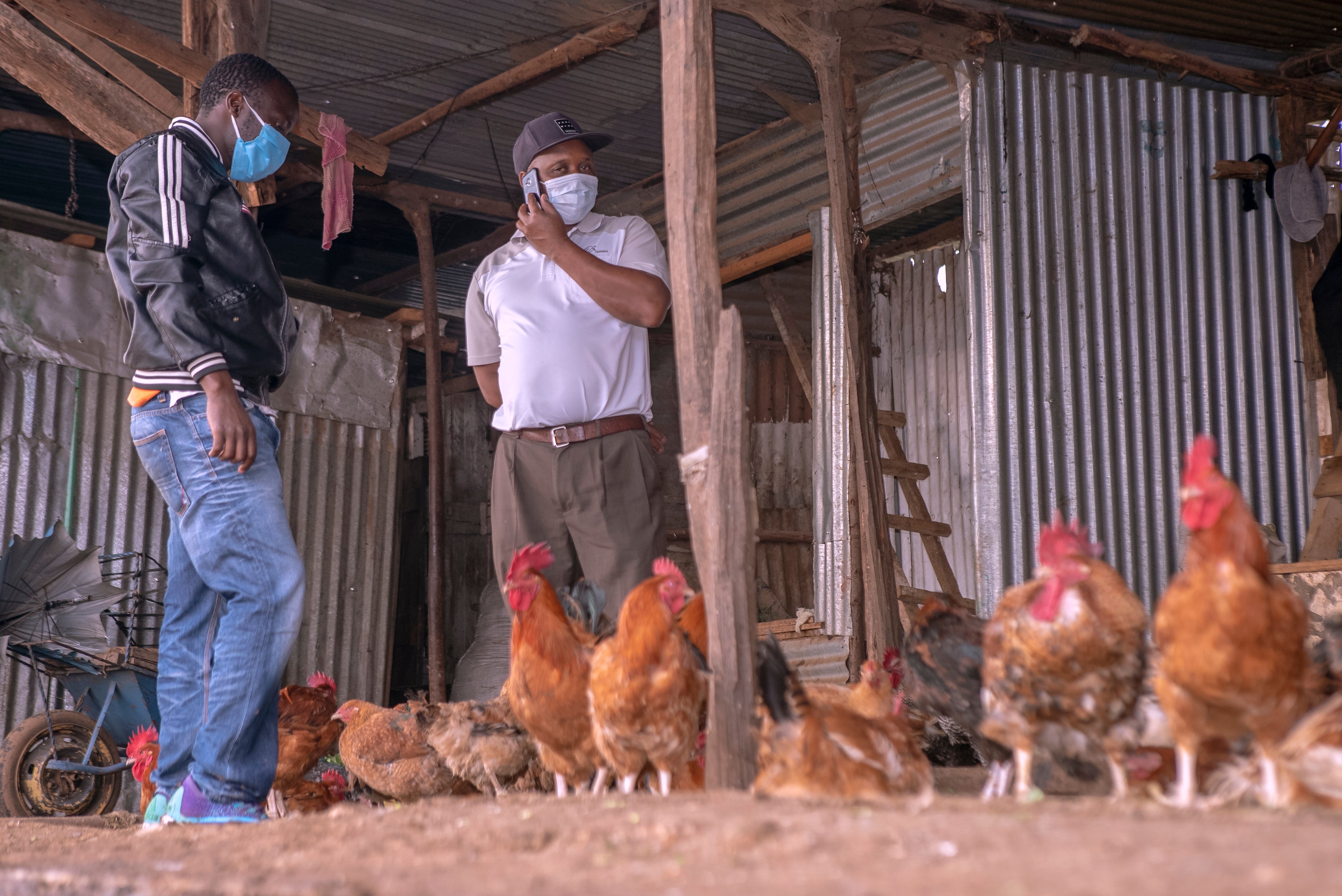Back in early 2020, when the world was discovering the deadly impact of COVID-19, I turned to World Bank colleagues who worked on previous disease outbreaks to see what lessons we might learn and apply this time round. They univocally warned me of two risks: one, underestimating the cost of pandemics; two, falling back into a familiar cycle of panic and neglect, before any meaningful action can be taken to address the root causes of the crisis. Our conversations led me to conclude that it was high time that we invest in healthy food systems for a safer world, since so many emerging diseases arise at the nexus of humans, livestock and wildlife, with disastrous consequences.
Where do we stand today?
It’s clear that my colleagues were right about the massive and growing costs of pandemics. The magnitude of impacts of the current COVID-19 pandemic not only validates results from previous assessments, but also highlights the costs of not acting much earlier. Previous World Bank reports on the costs of antimicrobial resistance, costs of food-borne illnesses and costs of unchecked epidemics and pandemics routinely seek the attention of decision-makers with tallies in the billions and trillions of dollars. Scientists calculated that the expected annual losses from an influenza pandemic would be about $500 billion – or 0.6% of global income – per year; an estimate that’s comparable to the IPCC estimates of the losses from global warming. But in a globalized world, even those estimates now seem conservative. The World Economic Forum COVID-19 Action Platform recently put the cost of fighting COVID-19 at 500 times as much as pandemic prevention measures. Some project that the global economy could lose up to $21 trillion in 2020 alone.
If the massive costs of COVID-19 are more attention-grabbing than were the costs of previous pandemics of zoonotic nature such as the 2009 swine flu, the 2004 avian flu, and even SARS (which we believe originated from bats), that doesn’t mean necessarily that decision makers now have the incentives or capacity to act. Crisis response is always more urgent than prevention, especially when the world’s medical capacity is still under full-blown assault. And leaders seldom get rewarded for avoiding catastrophic events: the world may in fact have been lulled into complacency after successful first steps to control avian flu, back in 2005/06. Support for zoonotic disease control and pandemic preparedness has not been sustained. The World Bank stopped tracking and reporting on its portfolio of avian influenza control and prevention projects in 2010, and new financing for operations has largely ceased.
"As part of the World Bank’s COVID-19 response package, financing is made available to strengthen countries’ capacity for monitoring human, domestic animal and wildlife diseases, and improve protocols for information sharing between relevant agencies."
Today, the “One Health” approach, which recognizes that animal, human and planetary health are interconnected, is attracting new interest from India, China and many other countries. As part of the World Bank’s COVID-19 response package, financing is made available to strengthen countries’ capacity for monitoring human, domestic animal and wildlife diseases, and improve protocols for information sharing between relevant agencies. So far, some $220 million in financing has been committed for “One Health” activities in 13 countries within this framework this year. That is far from being enough, especially given the accelerated frequency of pandemics we have observed in recent decades.
Clearly, a lot more needs to be done. Current investments from governments, the World Bank and partners fall short of the roughly $3.4 billion per year that are needed to build and operate systems for effective zoonotic disease prevention and control in low and middle-income countries through One-Health systems. Nor will this money necessarily be easy to come by. Considering that the costs of responding to today’s pandemics are enormous, this also means that investing in prevention and preparedness might take a backseat, no matter how sensible. The World Bank calculated in 2012 that success in preventing the onset of pandemics would generate an annual rate of return of 86 percent per year. But arguments about extremely attractive long-term returns might not carry the day when governments’ attention is fully absorbed by the urgency of the Now.
To break through this conundrum, and our past collective failures, we need to rethink our approach to zoonotic diseases.
The good news is that the solutions are in our hands: since these diseases are mainly the result of human activity, as well as the result of human interactions with animals and the environment, prevention is also within human means. Leadership is emerging on this topic, with Germany, for example, announcing last week a significant investment in the One Health approach by becoming the first donor to Food Systems 2030, a new World Bank trust fund that seeks to transform food systems for healthier people, a healthier planet and healthier economies.
The World Bank is also launching a new program of analytical and advisory work to help crack the financing, institutional and political economy dimensions of the One Health implementation puzzle. Our objective is to put in place a financing architecture that provides sustained support for effective One-Health implementation across the world for zoonotic disease prevention and preparedness. This is urgent work that is just beginning. We invite you to join us on this path, by submitting comments or asking questions in the Comment area below. We need the best minds to engage and remain focused on this task, to make sure something like COVID-19 never sickens, kills, stunts or bankrupts people, on such a large scale, ever again.
RELATED
The World Bank Group’s Response to the COVID-19 (coronavirus) Pandemic
Safeguarding Animal, Human and Ecosystem Health: One Health at the World Bank



Join the Conversation